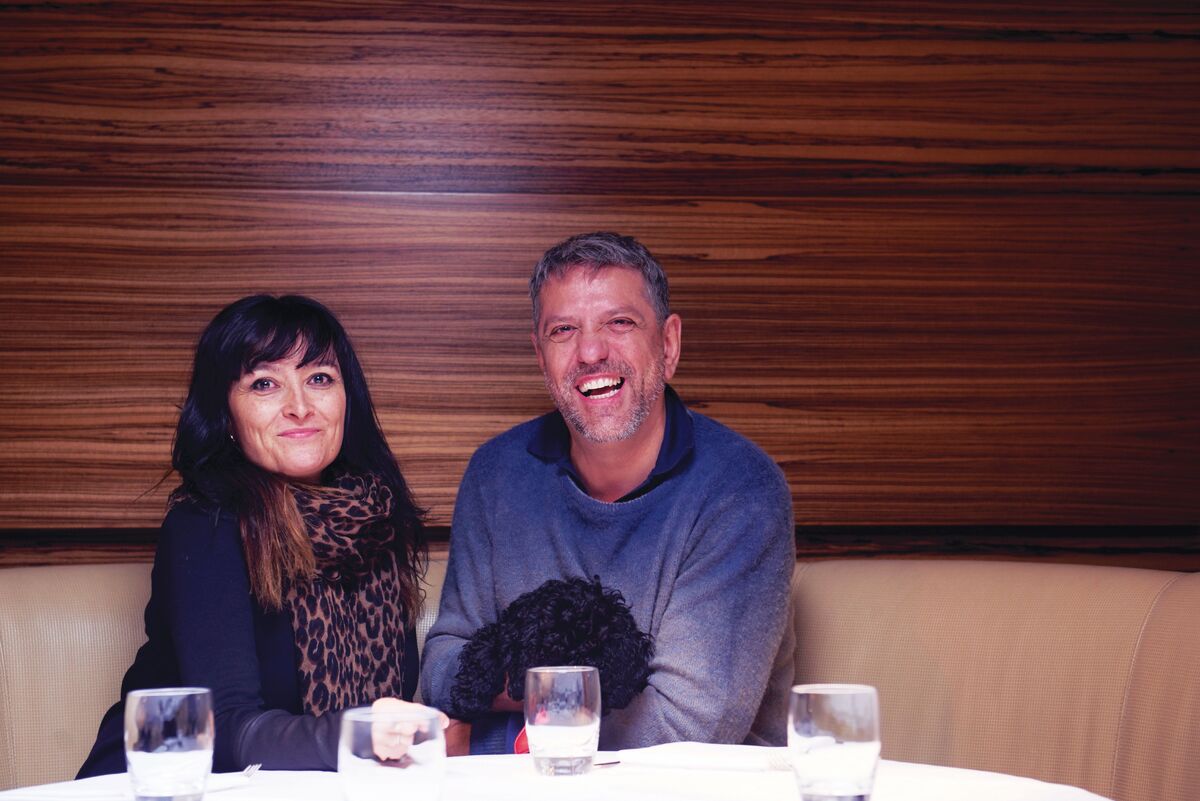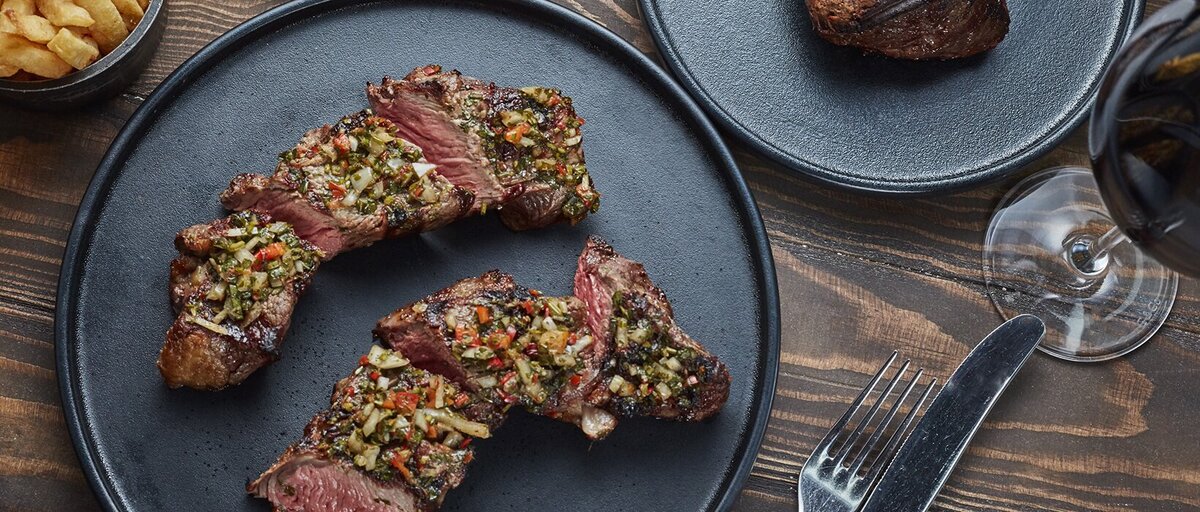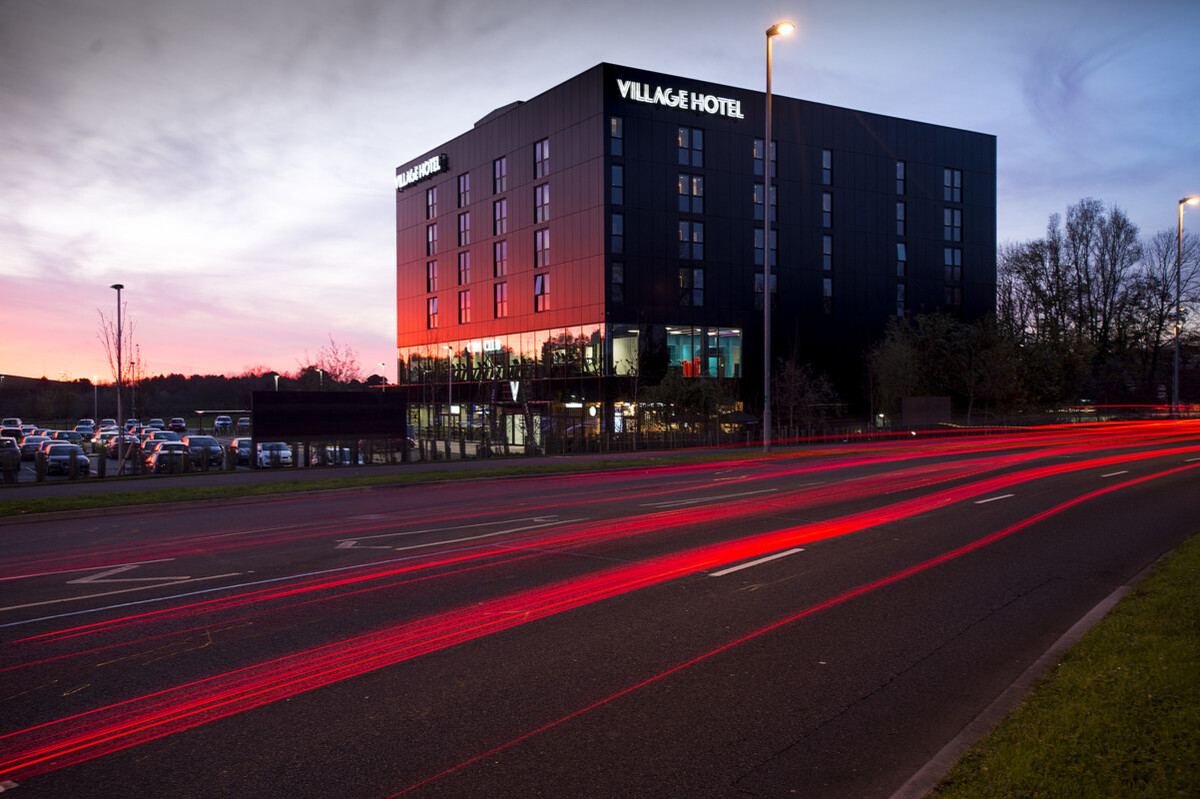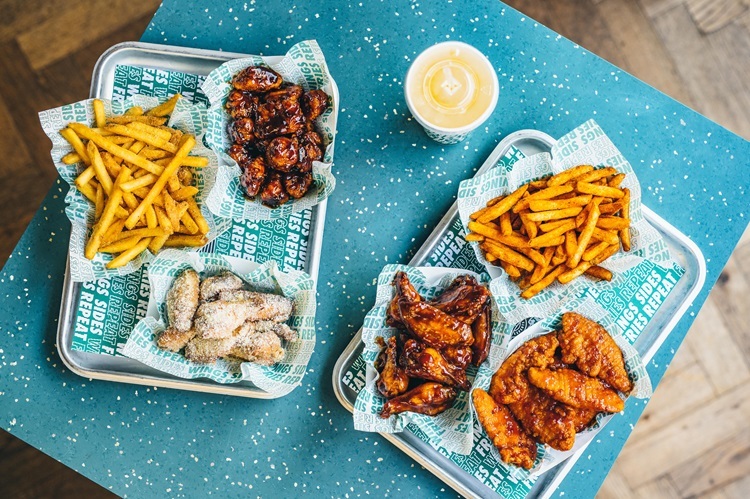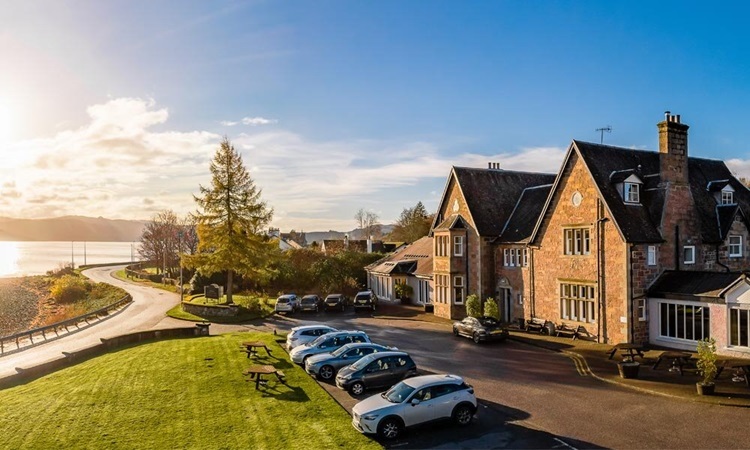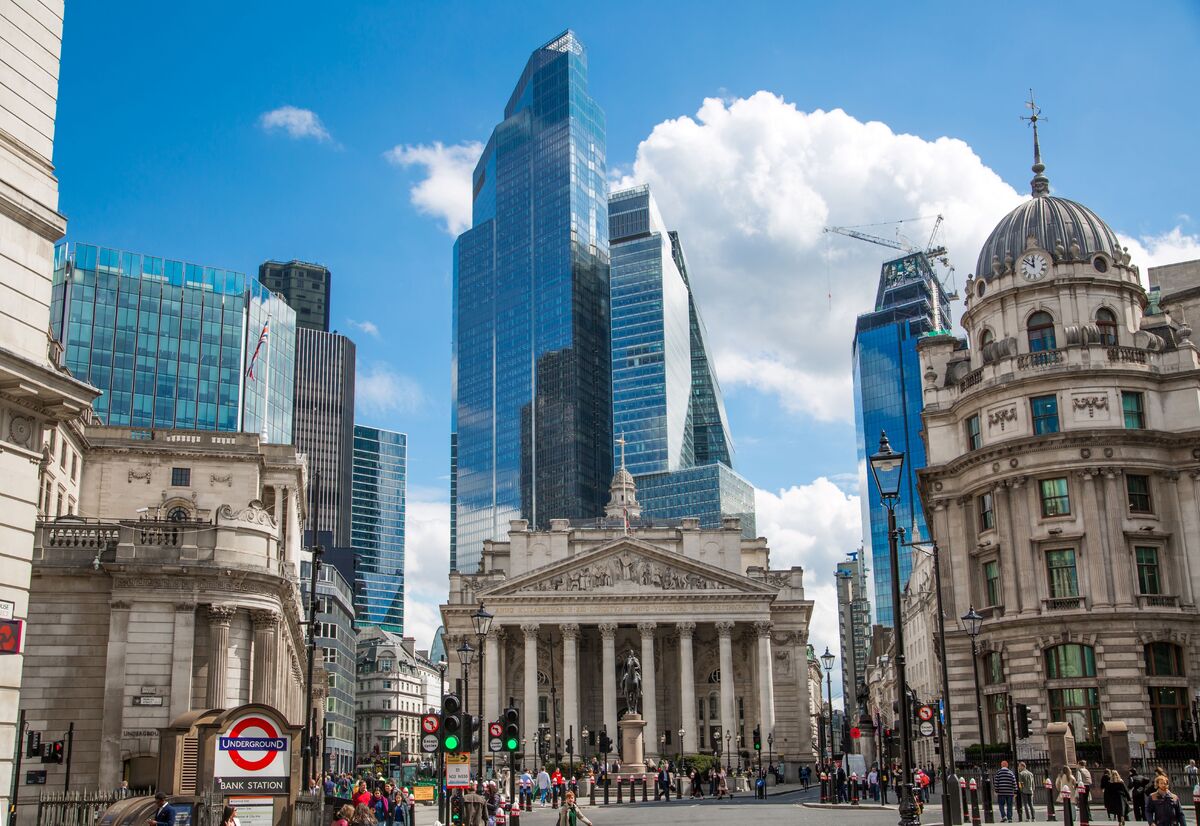Hotel franchising – Jumping on the bandwagon
The franchise model in the hotel sector is becoming hugely popular. Emily Manson asks the experts what would-be franchisees should look for before they make the leap
The hotel sector's franchising model continues to grow in popularity. Ever since the major international hotel groups started divesting their property portfolios, they have been refining and honing their franchise packages, realising they are the key to their future growth and prosperity.
The PwC hotels report for 2014/15, published earlier this year, notes that the power of branding is now a key influence on the hotel sector, particularly in the new "asset-light" era, and that the large international hotel companies have effectively become brand managers. But with more players in the franchise market creating ever more brands, it's hard to know what to look for.
A report from hotel specialist HVS warns: "Buying a franchise is a complicated investment. The selection of a brand affiliation should be evaluated carefully to determine when the price-value relationship is favourable to the hotel owner and when that relationship shows promise for long-term stability."
So what are the key factors that operators should look for when choosing a flag to fly?
Assess the options Pip Wilkins, head of operations at the British Franchising Association (BFA), advises operators to take their time: "Make sure you assess and reassess everything as part of your research before you fall in love with a concept and a dream."
Hotel consultant Melvin Gold agrees, adding that it's about the fit of the property to the brand. Mercure franchisee operator Shane Harris, chief executive of Jupiter Hotels, suggests
that potential franchisees look at every hotel brand and consider what will suit that hotel in that marketplace.
"Look at the physical product and analyse if it will be acceptable in that brand," he says. "Some brands are flexible in the physical layout of a hotel and the services it provides, but they might not be on standards."
It's worth noting that an increasing number of conversion brands are being offered as franchisee options. John Greenleaf, global head of DoubleTree by Hilton, explains: "Conversion
brands often give more opportunities to explore. We have a set of core standards that we don't compromise on, but there's more flexibility and accessibility."
Marketplace In terms of the marketplace, Gold says it's important to establish what other representation the brand, the parent company and its competition already have in the area, as well as any in the pipeline.
Harris adds: "We look at the reach of the brand, its strength and its market penetration within the UK. If it's not present in the marketplace, that might influence you. You don't want two similar brands with loyalty members fighting for the same space."
For Rob Gray, head of hotels and real estate asset management at Royal Bank of Scotland's global restructuring group, it's also about assessing the quality of the existing estate, brand and system to see if they support the aspirations of that property and its repositioning.
From a franchisor perspective, Thomas Dubaere, managing director of Accor UK hotels, which operates 10 different brands, says he looks initially at the product and the location of any prospective property: âItâs about the location and hardware: establishing what kind of segmentation the individual hotel and its location attracts, and then where the owner wants to go so that we pick a brand that will fit a need, but that will give the most potential revenue uplift through our distribution channels.â
Costs Gray notes that thereâs not a huge amount of difference between the main franchisor models, and itâs more a question of comparing the price cost of the franchise to the value of what it would bring.
He says: âFor our recent opening in Edinburgh, we went with DoubleTree by Hilton, as it has a strong international leisure and business mix beyond London and is a growing brand with a good-quality base, so we felt it put us in a good position.â
He cautions that an owner needs to consider more than just the cost of the franchise to work out if it is financially viable: âItâs about the costs to meet the brand standards, either for a straightforward refurbishment/rebranding before reopening or as part of a wider repositioning. It needs to be economically viable and the value of the rebranding needs to reflect this â" there should be a demonstrable uplift in performance to reflect these entry and ongoing costs.â
Franchisors are aware that full refurbishments can be financially onerous and prohibitive. Dubaere stresses that the deal must be built upon creating an improvement programme together with a budget and timeline.
âWe want to be flexible,â he says. âBut we also have to avoid inconsistency, so itâs all about working together and providing the services to support that goal, so it becomes like an à la carte menu of different services for them to pick from.â
Greenleaf agrees that, depending on the property, the franchisor and franchisee need to establish and agree how much needs to be done over a time period or whether it can all be done before the property reopens âWe need to be flexible and balance financial sense for the owner and guest expectations, so that when the property does open under our flag, the guest is still thrilled to stay with the brand,â he says.
From a strategic point of view, Gold says that costs need to be considered against the revenue that is going to come from the rebranding: âThereâs a cost to being in the system as well
as potential refurbishment to fit the system.
Owners will want to be sure they analyse their return on investment and, while no brand will make firm promises, itâs important to understand the overall cost and revenue benefit and
how that will translate to the bottom line.â
Benefits and Relationship
To do that, itâs important to understand what a brand can bring to the table. Ask what they believe they can do for your hotel, advises Harris, and donât be afraid to talk specifics. âAsk
about levels of business they can bring through the central reservation system, new channels of business that you may not have had before, such as big corporate, meeting and conference bookers, and how they will be developing the brand and loyalty club programmes.
Ask for an estimate of what the penetration is, the numbers of repeat customers and an indication of repeat guests you should expect from loyalty programmes.â
He also recommends talking to a variety of current franchisees to hear about hands-on experience, especially of support during tough times, training provision, development opportunities and what happens when things go wrong.
Through looking at good practice within the BFA, Wilkins points out that good franchisors wonât try to pressure owners into a decision.
âAny decent franchisor will have a recruitment process that will allow you to interview the company as much as the company interviews you,â she says. âThe process ensures that both
parties fully understand each other and that the owners are happy with the commitments, systems, support and operations that they are signing up to.â
For the franchise to work, this relationship is key. Gold notes that over recent years the larger brands have embraced the importance of the relationship and no longer regard it as passive. âThey definitely put more emphasis on listening to the voices of their owners and franchisees now, from day-to-day management as well as through events like global and European franchisee meetings,â he says.
But a final word of caution comes from Greenleaf: âMany hotels that open under the DoubleTree by Hilton brand were independent, but there are certain structures and requirements to participate as a branded hotel that an independent has never had to adhere to before. Itâs important to make sure they are very clear on expectations of what is required, as well as understanding the vast array of resources they now have available by being part of the brand family.â
Which franchise is for you? The Top 10 checklist
1. Work out what can you afford Levels of investment in a franchise vary greatly.Find out what the total start-up fee typically is, not just the franchise fee, and remember to consider working capital. Use banks that specialise in franchising â" HSBC, Lloyds, RBS/NatWest, Barclays and Metro â" and make sure you ask for their franchise departments from the start.
2. Speak to existing franchisees in the network Get an extensive list to choose from and find out what the franchisorâs support is like, if the turnover/profit projections are realistic and that what youâre being told is reflected in franchiseesâ experiences.
3. Consider the training Ensure that whatâs provided, both initially and on an ongoing basis, is sufficient for you to gain the skills that are required to operate the business successfully.
4. Consider ongoing fees Franchisorsâ management service (royalty) fees vary. They will usually be collected either as a percentage of monthly turnover, or through the supply of the materials you need in order to operate. Make sure you understand the structure and levels of the fees and what theyâre based on â" for example, a flat fee, a percentage of monthly turnover or cost of materials.
5. Talk to head office staff Donât underestimate the importance of meeting the people involved at head office. Find out who you would be in contact with and what their experience is.
6. Selection process If the franchisor doesnât appear selective about who they recruit, walk away. You want to see that they are stringent in their process, not just letting anyone and everyone join the network whose brand you will be trading under. Investing in a franchise is a two-way recruitment process.
7. Research Your research into a brand and its people is absolutely crucial to finding the right franchise for you â" and avoiding the wrong one.
8. Understand the business Make sure you understand all the business operations and what is involved on a daily basis.
9. Success rates Ask for the success rates of other franchisees. There may be failures, but the important aspect is to understand why.
10. Lifestyle Ensure that the commitments needed for the business fit in with your lifestyle. Get professional advice from lawyers, the BFA and specialist bankers.
Source: www.thebfa.org
Making a partnership work
John Greenleaf, global head of DoubleTree by Hilton, has three tips for a successful franchisor/franchisee relationship:
Communication The franchisor/franchisee relationships that work best are those where thereâs constant communication. Be it an issue or an opportunity, itâs key to have comfortable, easy dialogue.
Expectation Clear expectations have to be set of what the brand is asking of an owner and what the owner can expect of a brand.
Opportunity
A breadth of opportunity is created by being a franchisee. With Hilton Worldwide, we have opportunities at all levels to accommodate all types of property, which is why more than 70% of our new franchise agreements are signed with existing owners.
Franchising by numbers
Number of franchisor brands operating in the UK: 930
Hospitality and catering franchise systems in the UK (14.2% of all UK franchise brands): 132
Individual franchisee-owned hospitality business units (21% of all UK franchise business): 8,300
Proportion of units that are profitable (including new business): 92%
Proportion of hospitality franchises with a turnover of £250,000+ (43% are £500,000+): 73%
Average turnover of hospitality franchises: £547.5k



